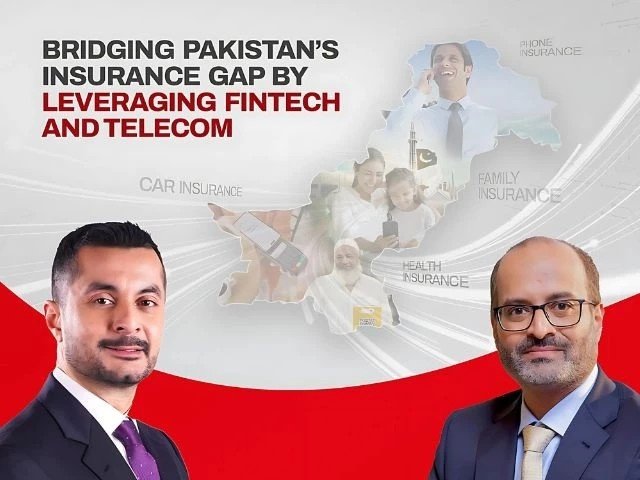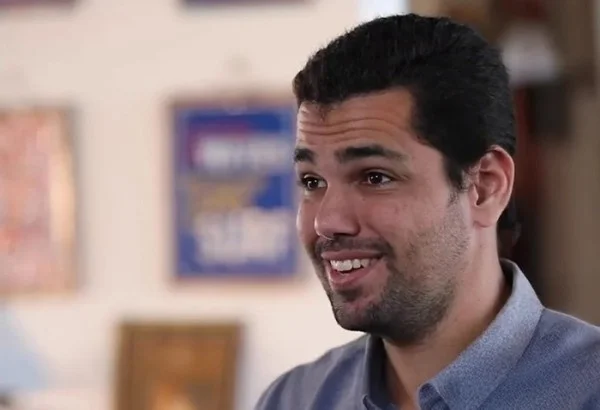Pakistan’s insurance penetration stands at just 0.8% of GDP, leaving millions of families vulnerable to financial shocks caused by health emergencies, accidents, or loss of life. This vulnerability is compounded by rising poverty, with the World Bank projecting a 25.3% poverty rate for 2024, an increase that pushes an additional 13 million people into poverty.
In the face of these challenges, the insurance sector must undergo a transformation, and there are compelling models to learn from emerging markets like India and Kenya. India, with its vision of “Insurance for All by 2047,” has made considerable progress, with life insurance penetration at 2.8% and non-life insurance reaching 1% of GDP. Their success has been partly driven by innovative initiatives like Bima Sugam, a digital insurance platform, and a progressive regulatory framework that repealed over 1,000 outdated regulations. Meanwhile, Kenya has leveraged mobile-based microinsurance platforms like M-Tiba to increase insurance access, particularly in rural areas, showcasing the potential of digital solutions to improve financial inclusion.
In this context, Pakistan needs to develop a roadmap for universal insurance coverage, leveraging its growing fintech ecosystem and digital connectivity. The challenges are significant—Pakistan’s current life insurance penetration is stagnant at 0.5%, and non-life insurance is even lower at 0.3%. However, the potential for change is immense.
Jazz, one of the leading digital operators in Pakistan, is at the forefront of insurtech innovation, addressing the insurance gap through groundbreaking initiatives. Jazz has already sold 8.6 million active insurance policies, integrating insurance offerings into its GSM bundles, which provide customers with not only affordable mobile services but also essential health and handset coverage.
The company’s FikrFree platform, Pakistan’s answer to India’s PolicyBazaar, brings together over 30 insurance products, including health, handset, and bike insurance. FikrFree’s comprehensive approach also includes e-pharmacy services, online doctor consultations, and the introduction of the FikrFree Sehat Card, which offers customers six months of coverage, including hospitalization and accident care.
Jazz has also pioneered an AI-driven handset insurance model that addresses the growing issue of mobile phone theft, a persistent concern in Pakistan. Using real-time data, the AI system offers tailored insurance to customers who face device loss or damage. Some tariffs even include built-in handset insurance for damage, theft, and screen breakage.
JazzCash, one of Pakistan’s largest embedded insurance distributors, distributes over 600,000 insurance policies daily through digital transactions like utility bill payments, digital loans, and motorway toll top-ups. JazzCash has ambitious plans to insure 10 million unique lives by 2027 through its partnerships. Additionally, JazzCash has introduced an embedded insurance model for nano-lending. Borrowers of digital loans above PKR 6,000 are automatically provided with life and health insurance, ensuring that their families are protected from outstanding liabilities in the event of the borrower’s death.
Despite the significant progress, Pakistan’s path to universal insurance coverage requires addressing several key challenges. First, improving financial literacy and awareness of insurance is crucial. Many Pakistanis remain unaware of the benefits of insurance or mistakenly believe it contradicts religious beliefs. Drawing inspiration from India’s success in increasing insurance awareness during the Covid-19 pandemic, Pakistan must leverage mobile teledensity (currently at 80%) and broadband coverage (60%) to educate consumers and offer simple, accessible insurance products.
Next, Pakistan’s regulatory framework needs to evolve to encourage innovation while protecting consumers. A regulatory approach similar to India’s sandbox model, combined with Kenya’s mobile-first strategy, can foster an environment that supports affordable micro-insurance products and ensures commercial viability.
Lastly, Pakistan must cater to its market’s unique needs. Leveraging its growing digital payment infrastructure, the country must provide both conventional insurance products and Takaful options, ensuring inclusivity, especially for underserved rural populations. Fintech startups and insurance providers must collaborate to create products that address the diverse needs of Pakistani consumers.
As the digital landscape continues to evolve, the role of fintech in expanding insurance access is becoming increasingly crucial. JazzCash, through its innovative approaches, is leading the way in transforming Pakistan’s insurance sector, contributing to a more financially inclusive society.
By fostering partnerships, expanding digital infrastructure, and addressing consumer needs, Pakistan can move closer to achieving universal insurance coverage, benefiting millions of citizens who remain vulnerable without adequate financial protection.















